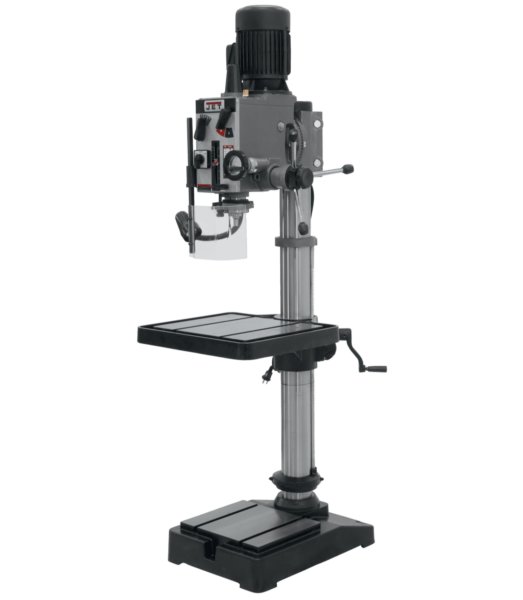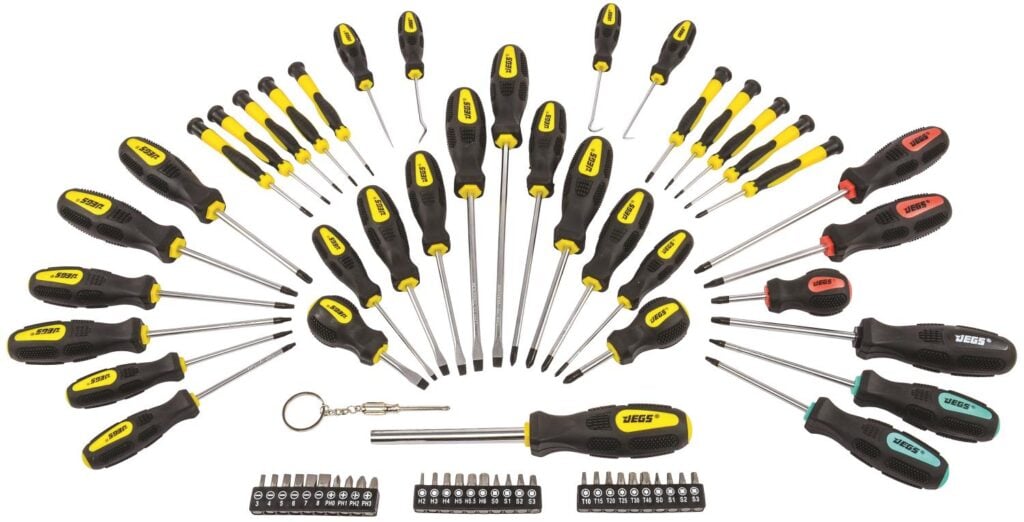
Which tools do home mechanics find indispensable when working on their cars or helping their friends and family with mechanical issues? A set of screwdrivers, a good socket set with 3/8-inch and 1/2-inch ratchets, a set of wrenches, and a reliable set of pliers is the starting point for any home garage, but what comes next? Here are some tools that will keep you safe and reduce frustration as you get under the hood in your garage.
Torque Wrenches
Almost every bolt and nut on your car has a torque specification. Bolts that are over-torqued or under-torqued can cause serious problems with reliability and so it's important to ensure you have the right torque spec when you reassemble suspension or engine parts. If you plan to work on your suspension, a 1/2-inch drive torque wrench will be a must, and if you spend most of your time in the engine bay, you should be able to make do with a 3/8-inch drive torque wrench.

Powerful Impact Drivers and Cordless Ratchets
Let's be honest. We're not working on cars because they're brand new, and any car that's been around for a while will have bolts and nuts seized in place and difficult to remove. A good ratchet and a breaker bar can deal with many hard-to-remove fasteners, but there does come a time when every mechanic needs an impact driver to take off those impossible pieces. An impact driver increases the force available for removing nuts and bolts and speeds the process up massively, so it’s a must-have for your shop.
The most powerful and compact versions will run off your air compressor, but you can also find good, inexpensive electric models as well. For the best in portability, many mechanics now use a cordless ratchet to speed up their work, but just keep in mind that these handy tools don’t have a lot of torque, so you usually need to break a bolt free manually before using the cordless ratchet.

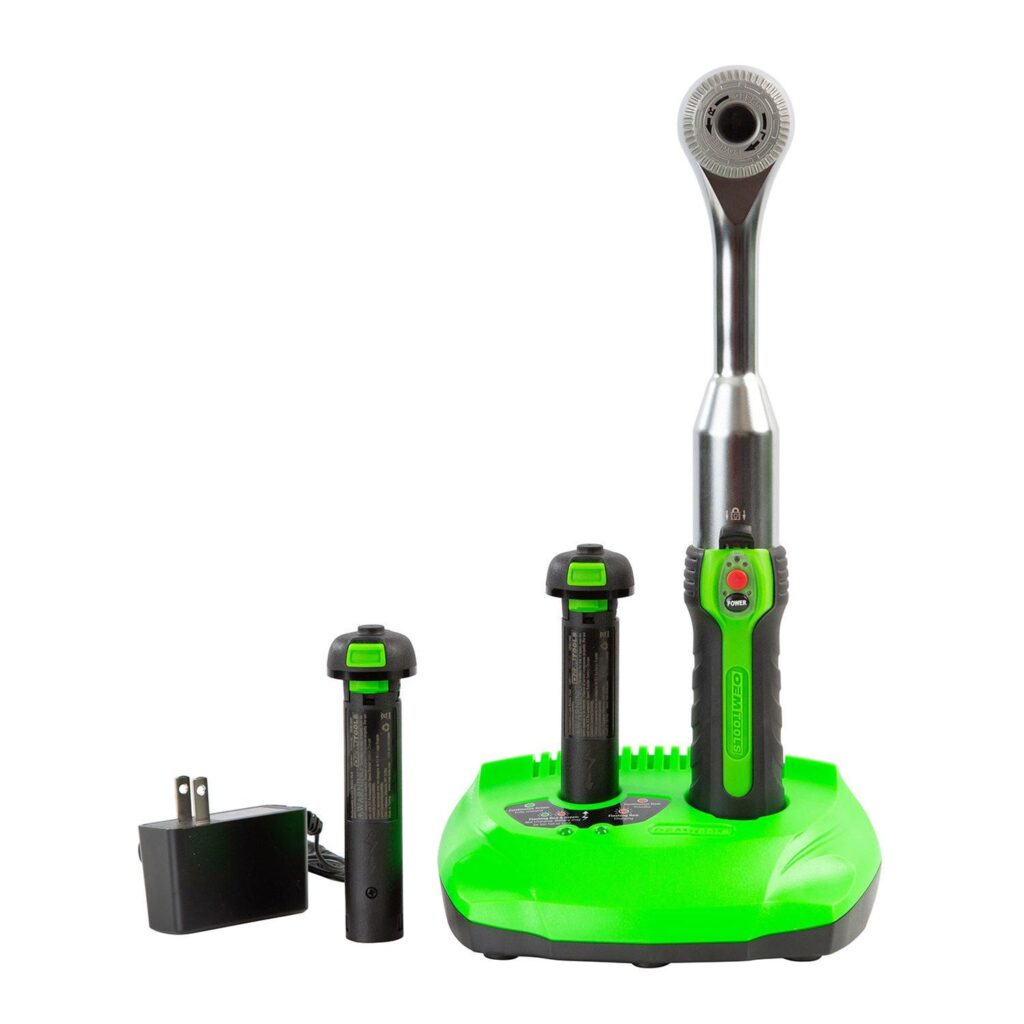
Impact Sockets
You might wonder why you need a second set of sockets, but your standard chrome sockets are not designed to withstand the pounding that comes with a powerful impact driver. You need special impact sockets that are built for the abuse and be sure to get a set that has the full range of deep and shallow sockets, to cover all your bases. Having an extra socket lying around in any given size can also be very helpful when you're using different ratchets and impact drivers on a project.

Swivel Head Ratchet
If you spend any time online watching videos of DIY mechanics working on their vehicles, you'll see many examples of places where a standard ratchet just doesn't work. We've all been there, with our standard ratchet simply unable to fit into an awkward area in the engine bay or on some suspension component. The flexibility of a swivel head ratchet allows you to use a ratchet in places where you would have previously needed a small wrench.
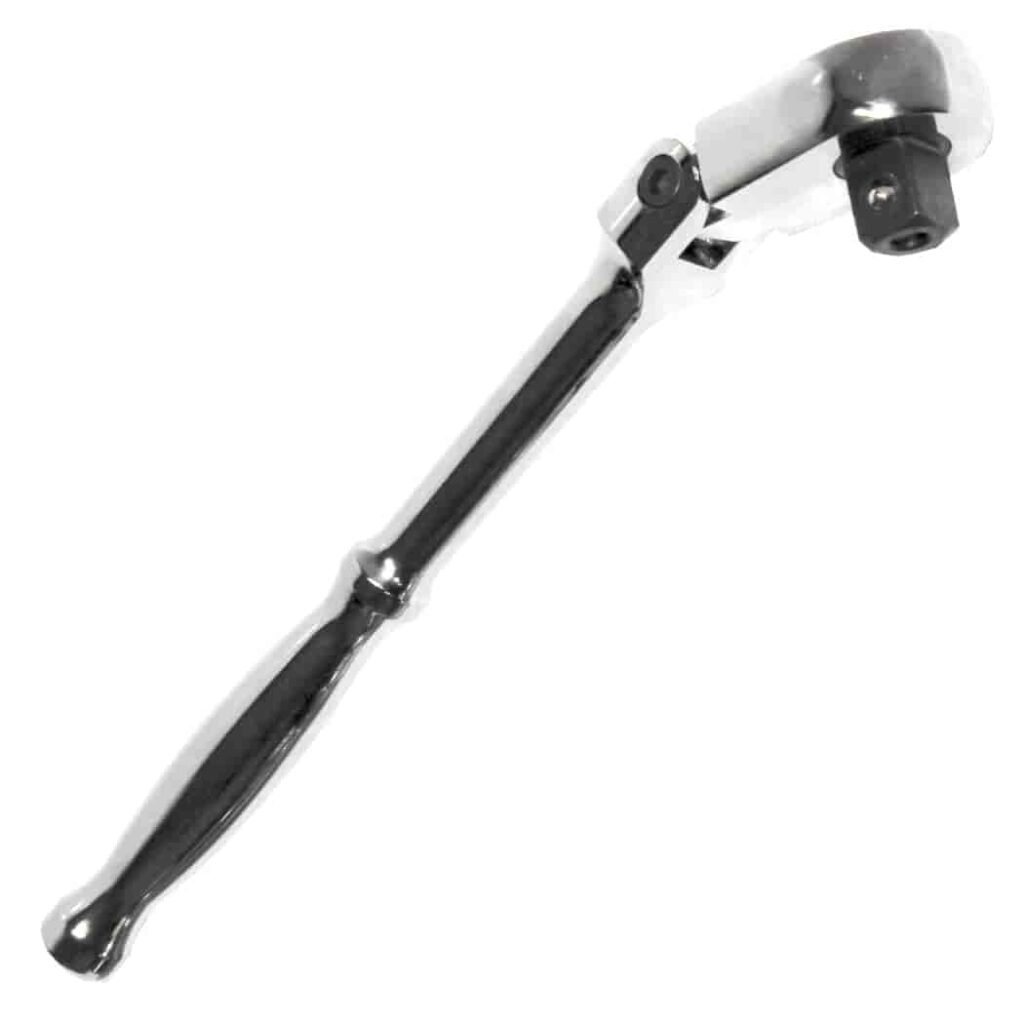
Reliable Jack and Jack Stands
Regarding safety, there's no substitute for getting the tools that will allow you to walk away from the job at the end of the day. Whenever you work underneath a vehicle, you should use a set of jack stands to support the vehicle's weight, even if your jack is relatively new and in great shape. Some people even go as far as setting removed tires under their vehicle as an added safety precaution.
Make sure that your jack stands are on level and solid ground, and that are secured on a weight-bearing point of the vehicle. As far as jacks go, so many newer cars have extremely low jack points, so a low-profile floor jack with a weight rating of at least 3 tons is a must for your garage. If there’s a chance that you’ll work on trucks or other large vehicles, then go with a 4-ton variant.
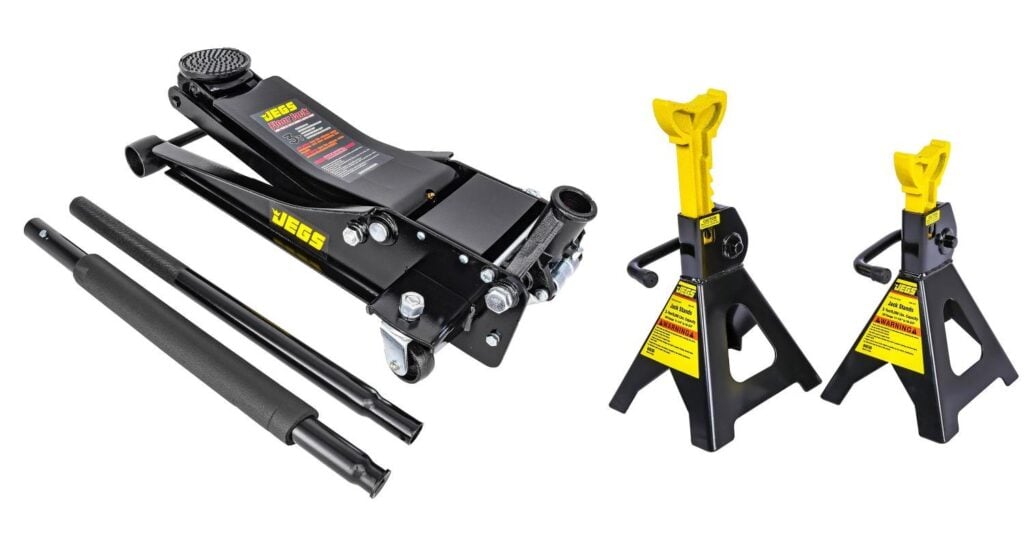
Scan Tool, Multimeter, and Test Light
Cars have become rolling computers with motors attached in the last 30 years, so even the roughest gearhead needs to be able to use a few simple electronic tools to help with diagnosing issues. A simple scan tool that connects to your OBDII port will give you invaluable information regarding emissions issues and other faults like misfires or electrical gremlins and save you a ton of diagnostic time.
A multimeter and test light can help you quickly diagnose electrical issues to do with your battery and vehicle electronics, like a bad battery or failing alternator.
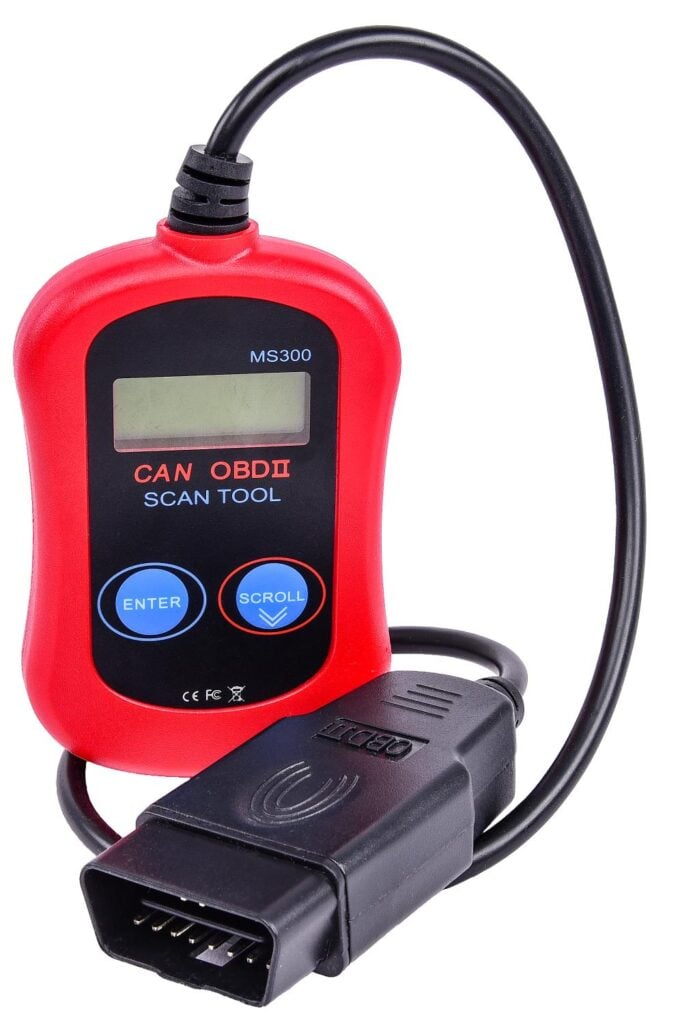
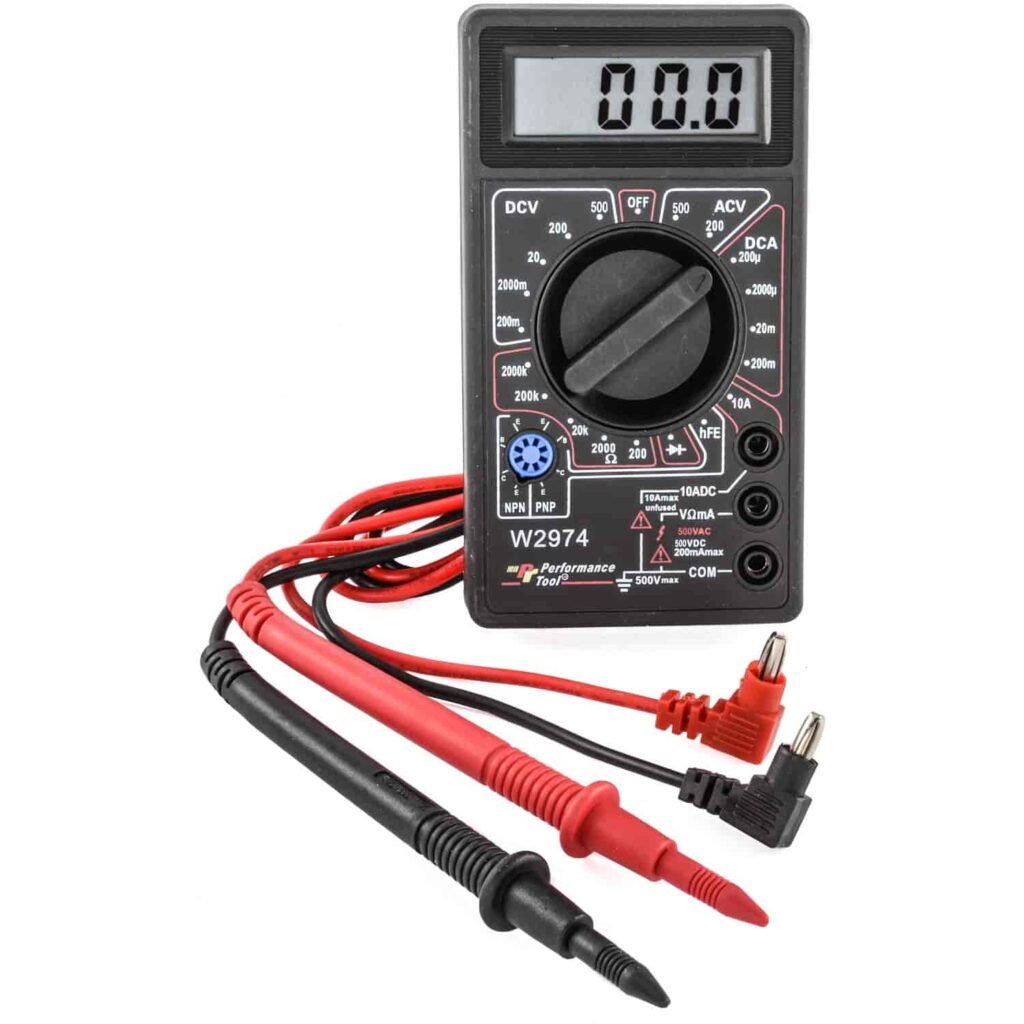

Long Handle Swivel Head Ratcheting Wrenches
Yes, that's a mouthful, but these thin tools will quickly become a favorite in your toolbox, allowing you to reach into tight gaps to turn bolts that would normally require removing other parts. Not only is it a ratcheting wrench, with an extremely thin profile, but it also has a flexible head, which allows you to reach bolts that are out of sight.
Any time you can get into your work area without removing extra pieces you save yourself time and the potential for other broken parts needing replacement. From working on brakes to getting deep into your engine bay, you’ll find a million uses for these.
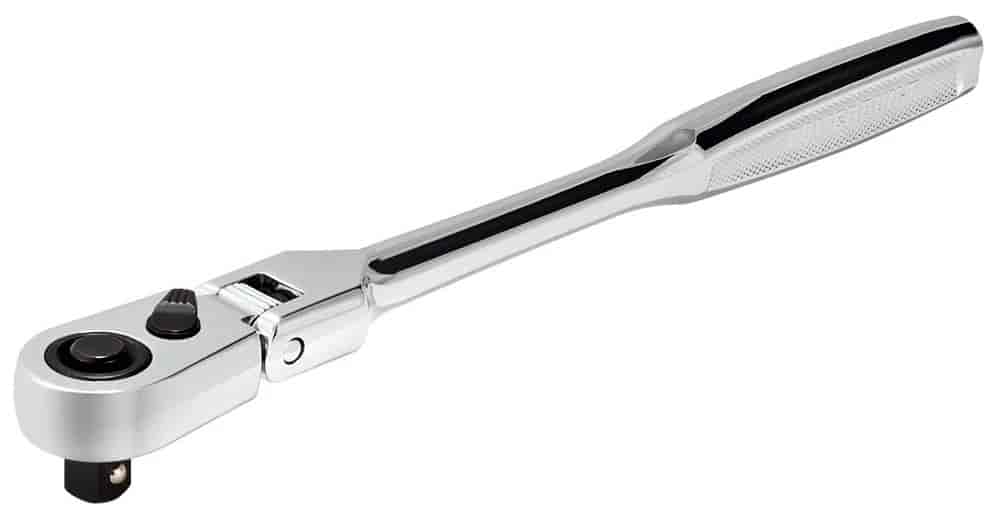
Nitrile Gloves
It used to be that you knew the local mechanic by looking at his fingers and hands, with grease under the fingernails, cracked skin filled with dirt, and rough calluses. Most mechanics today use nitrile or latex gloves daily, to reduce the amount of dirt built up on their skin and protect from the noxious chemicals they deal with. If you're just a weekend warrior, a box of nitrile gloves we'll keep your hands clean, and you won't have to carry the smell of gas, oil, and grease into the house at the end of your day in the garage.
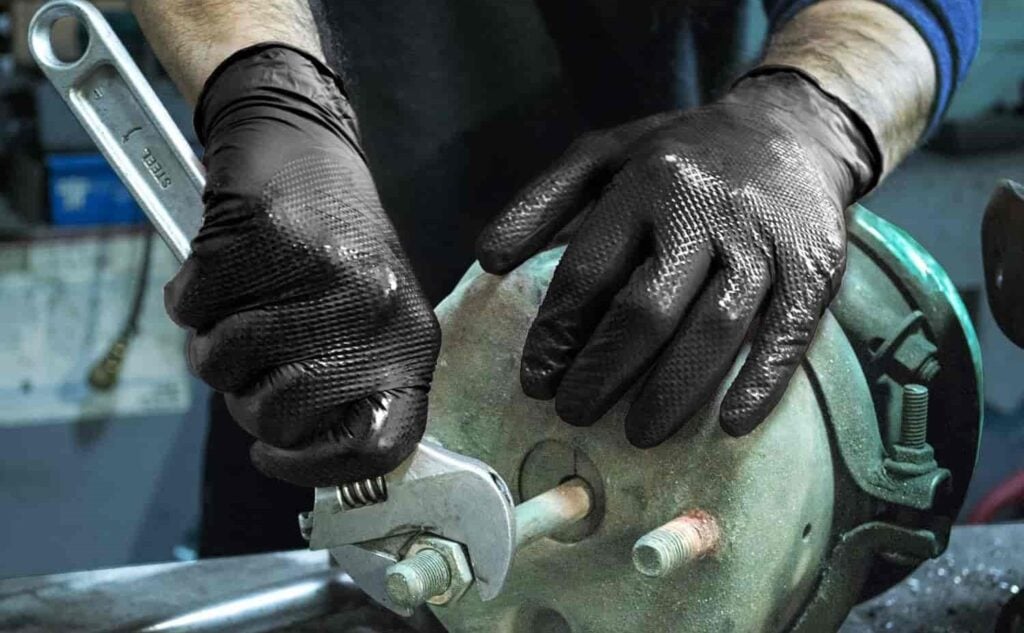
This group of tools will give you a great foundation as you start to build your home garage. You'll also find that as you continue to work on cars, you'll pick up additional tools that become essential to you. And you’ll always find the best products right here at JEGS.

